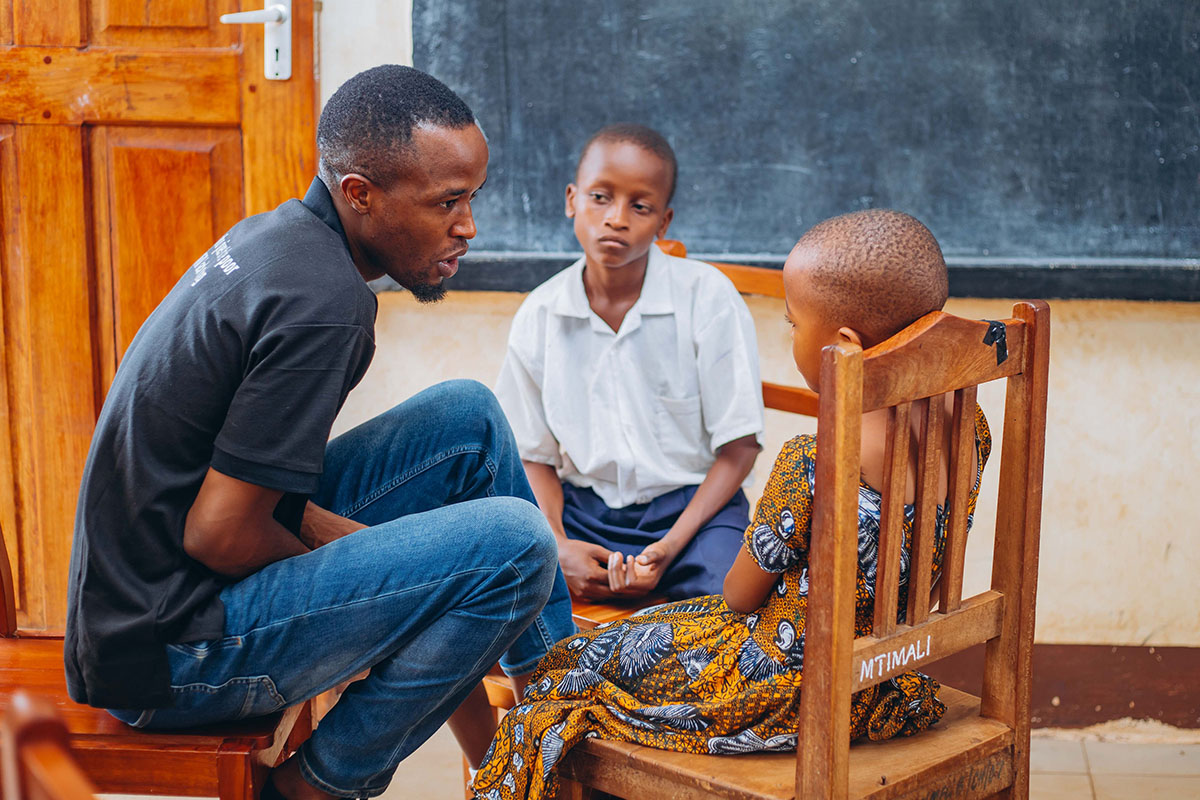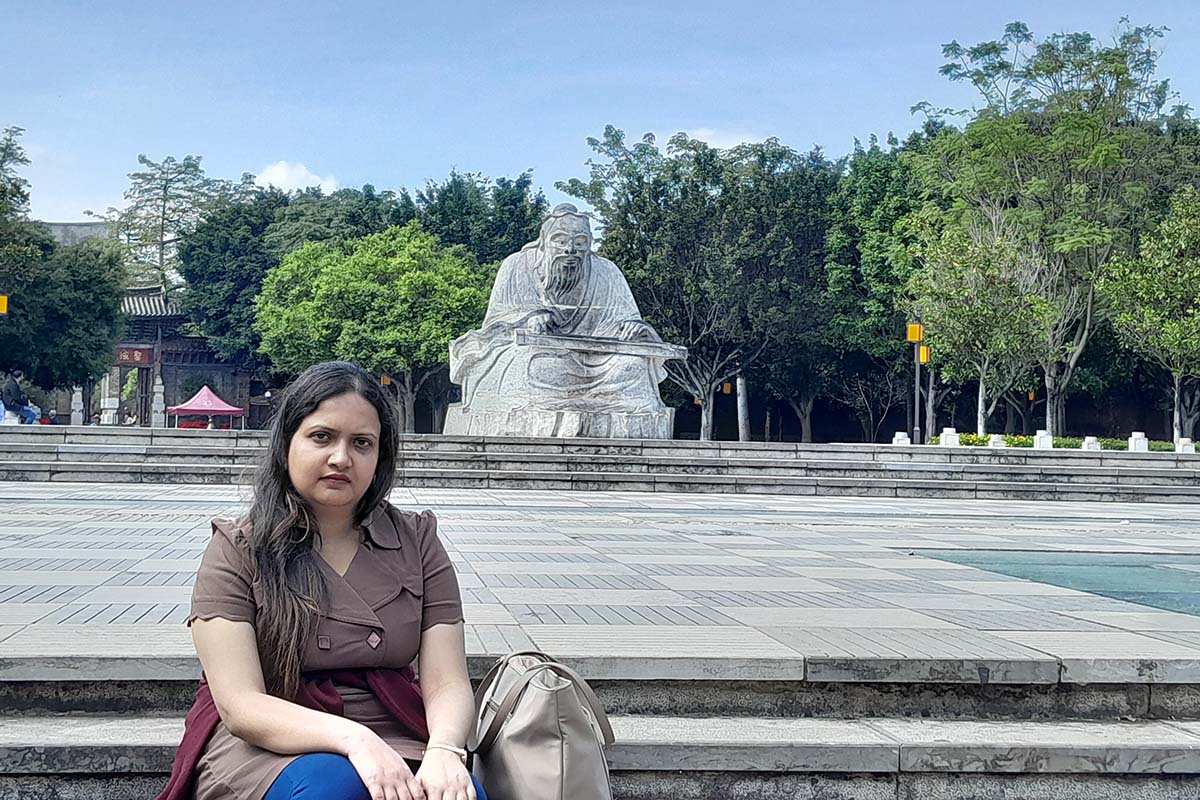A Year of Youth Spotlight Series – Elisante Ephrahim of Tanzania
June 22A short bio about yourself
My name is Elisante Ephrahim. I was born and raised in the pastoralist community of the Maasai in northern Tanzania and I am 28 years old. I hold a master’s degree in finance and investment with a background in Economics and statistics. I am a vision bearer and the Chief Executive Director of the Builders of Future Africa (BFA) – a role I have held for the past 11 years. I currently work as an SME estimate consultant in Tanzania, and I represent around 500 NGOs in the Arusha region in northern Tanzania.
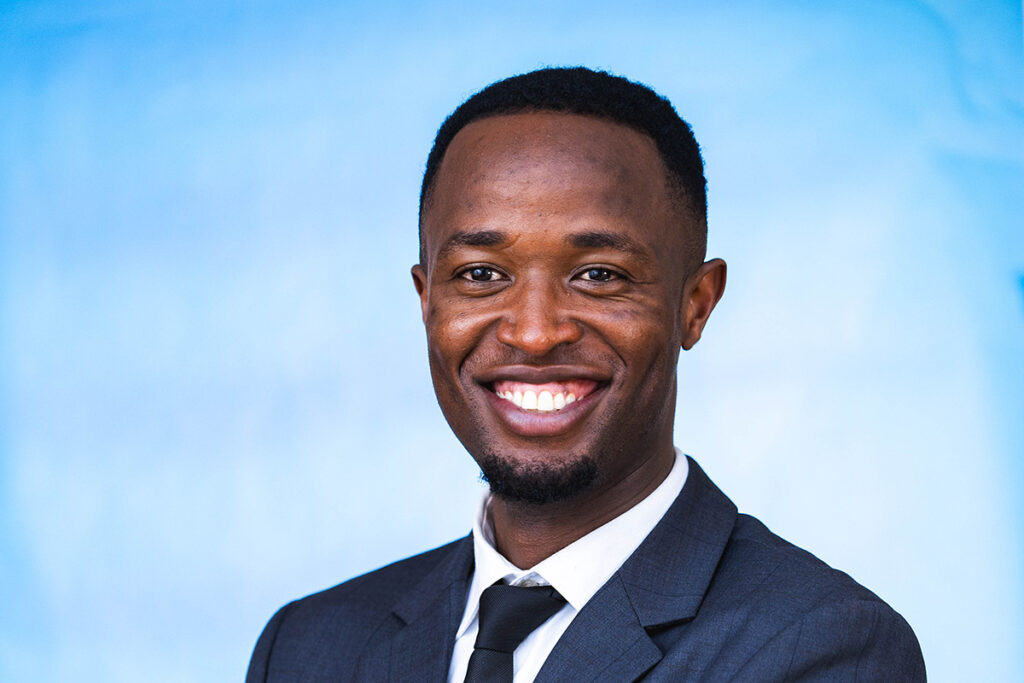
Tell us a little about your event/project ( how it came about, number of young people benefited and impact it had)
Our organisation, Builders of Future Africa (BFA), is youth-led and youth-focused. It consists of high school and university students who contribute small donations to support local communities, particularly the Maasai community. This pastoralist community faces significant social issues such as forced marriages, early marriages, lack of access to education, and high levels of domestic violence. We conduct outreach programmes with the community to address gender-based and domestic violence and find ways to end these harmful practices.
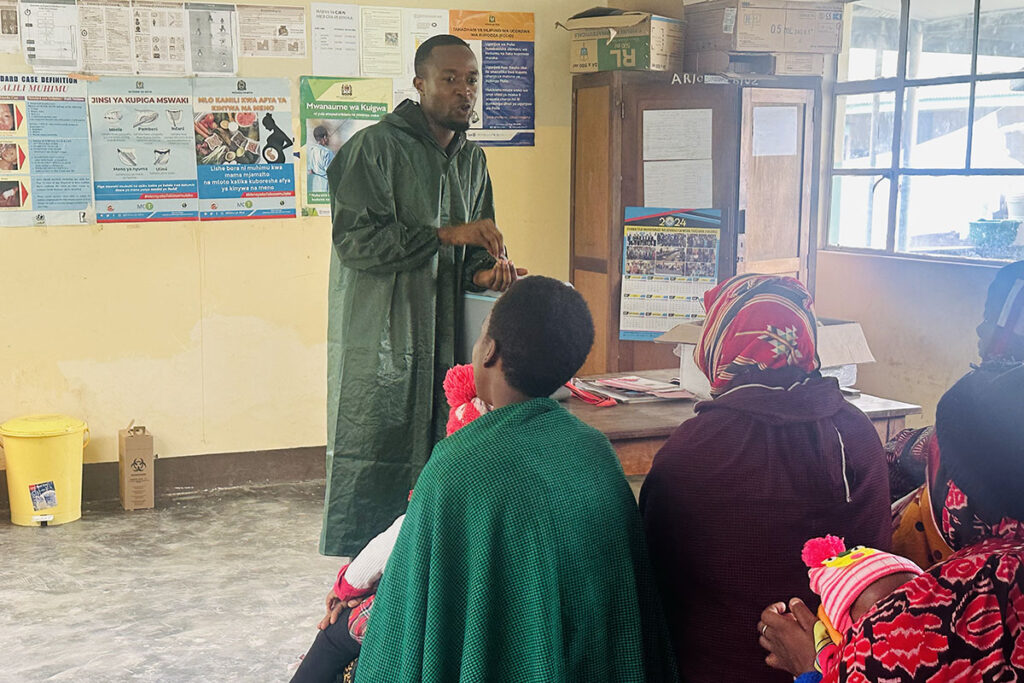
My main focus is to tackle the root causes of forced marriages of young girls. There is a custom in our community where a girl is ‘bought’ within two weeks of birth to be reserved for marriage, and by the age of nine, she is married off. We work with local traditional leaders to end this practice through our social contracts, where we pay for the girls’ education as a way of preventing forced marriage agreements. Our efforts have led to positive changes, although limited funding has restricted the number of schools we can visit.
What inspired you to work on this particular issue?
Growing up in the Maasai community, I witnessed many women and girls become victims of forced marriages. Close friends of mine were married off as young as nine, shattering their dreams and ambitions. Other social issues, such as alcoholism and drug addiction, made many of my peers lose sight of their visions and potential, with some ending up behind bars.
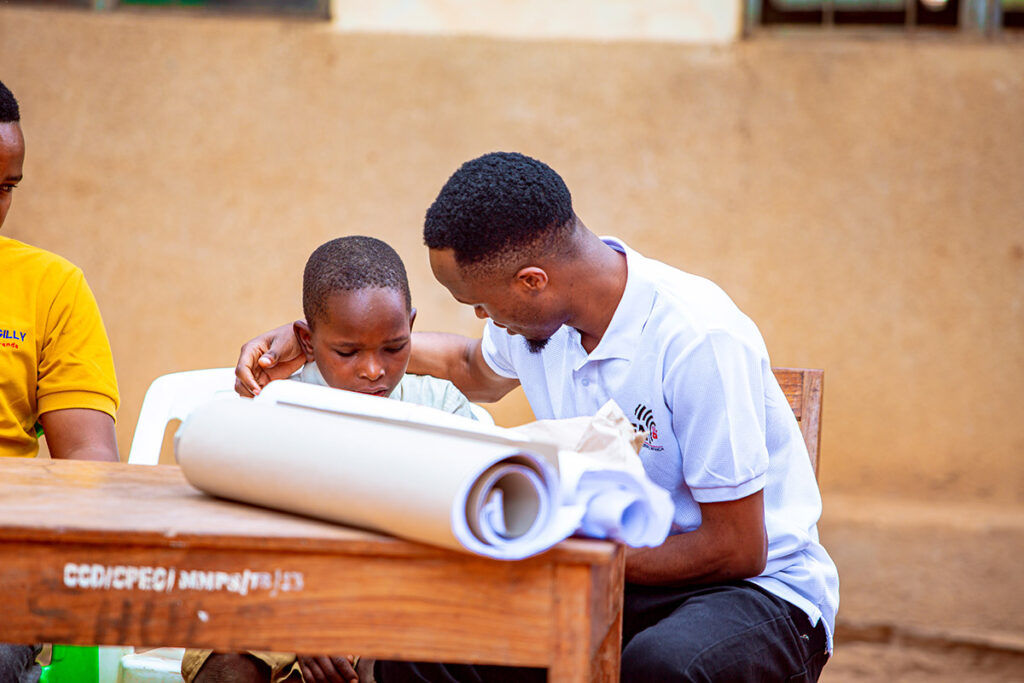
At the age of 15, this vision was already in my heart. I joined with some like-minded friends to kickoff a BFA in 2011. Since then, we have managed to enrol 400 students in education, with some reaching the university level. We have also supported teen mothers returning to school, engaged in national policy advocacy, and initiated livelihood programs and health insurance support. These accomplishments have been significant milestones for us.
Why should your county/community address this issue?
While the Commonwealth programs facilitated by the Tanzanian government have benefited many people, their impact is mostly felt at the international level. The Tanzanian government has done well, but there is a need to engage at the grassroots, where we can have a more significant impact. Traditional Maasai leaders, who hold substantial influence in their communities, often do not attend these international events and are sometimes resistant to change. Engaging directly with these community leaders and perpetrators is essential. We can leverage the Commonwealth’s vast experience and resources to make real changes at this level.
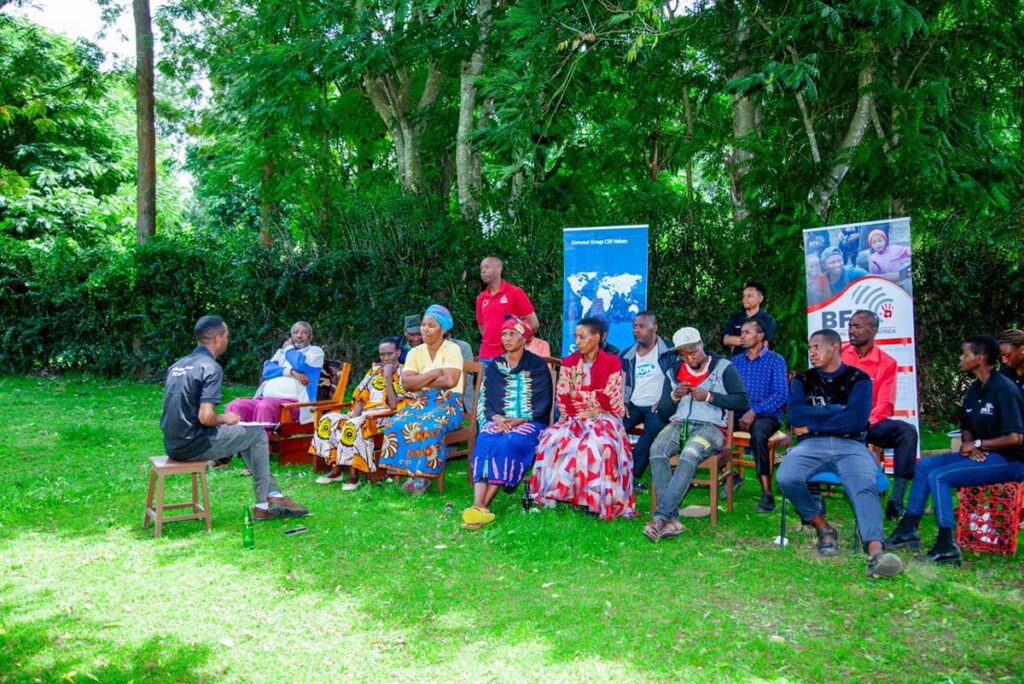
What was the most memorable moment during the event/project?
The most significant moment for me was the first time we established our social contracts with the Maasai traditional leaders. It was the first time I could address social issues directly within my local community. These leaders are trusted and have a lot of influence, arguably more than the government. By establishing these social contracts, we gained a platform to engage the leaders and ensure the rights of girls in the Maasai tribe are upheld.
What is your vision for this project?
Our vision is for an Africa where people live rather than merely survive. While we started by working with the traditional leaders of the Maasai tribe, our next step is to establish systems that support this cooperation. This includes creating local policies and bylaws to govern our social contracts.
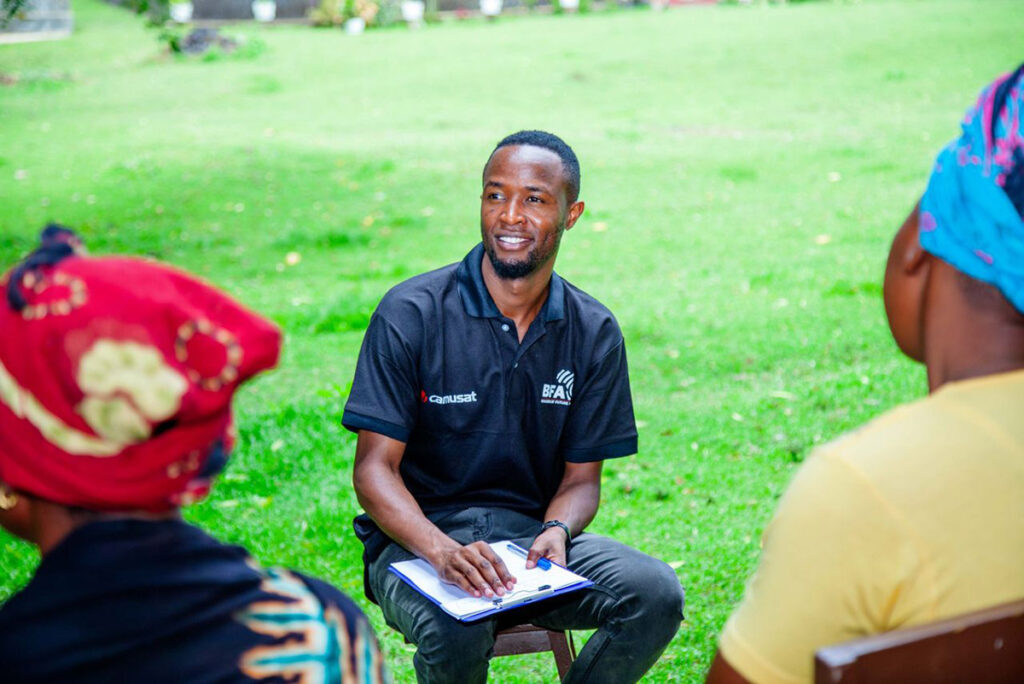
We are also focusing on establishing community libraries as hubs for educational opportunities and skills development for those unable to attend school.
What keeps you motivated?
Helping others significantly improve their lives motivates me. It gives me a sense of purpose and reinforces the need for humanity to live up to its fullest potential. Witnessing the positive changes in the lives of those I help drives me to continue my work and fuels my determination to keep going.
Tell us an unusual fact or piece of trivia about yourself?
Being calm and accepting of ‘difference’. This has been a helpful guide along the way. I take pride in being agreeable and resilient, which reflects my emotional intelligence and capacity to remain calm under pressure. I have learned that finding common ground and encouraging mutual understanding is more important than always being right. Also, I was raised in a family of seven children and take great pleasure in being part of a big family.
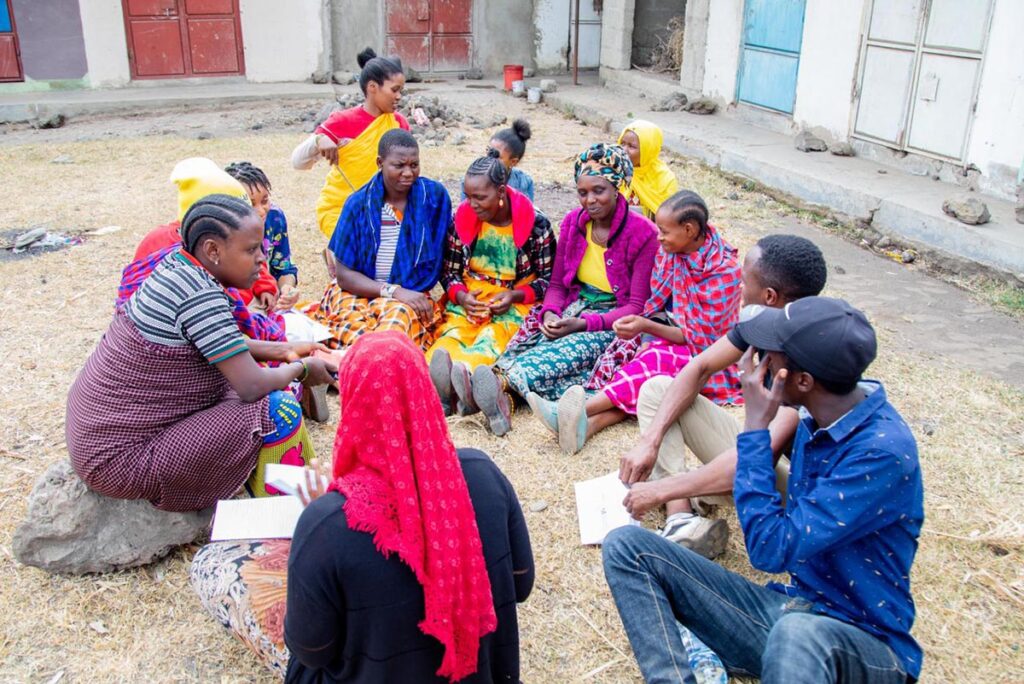
What is your favorite quote?
‘The future has a new name, and the name is hope’
What youth issue should be a priority for the Commonwealth Youth Programme and why?
The Commonwealth Youth Programme should prioritise equipping young people with valuable skills that enhance their employment opportunities, career development, and ability to address social issues within their countries.
Having spent the last eight years working across the African continent, I have seen that the lack of employment opportunities is a significant contributor to broader social issues. Improving the skill set of youths in East Africa can help sustain the continent and address the challenges faced by their respective countries.
